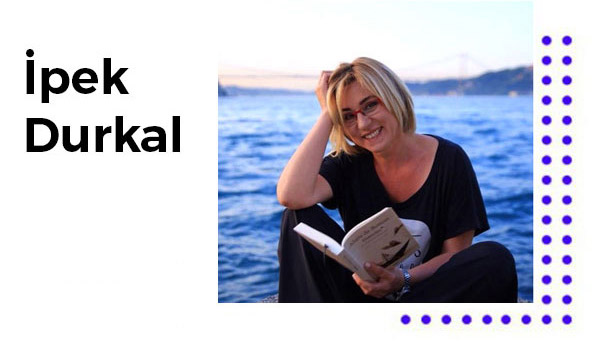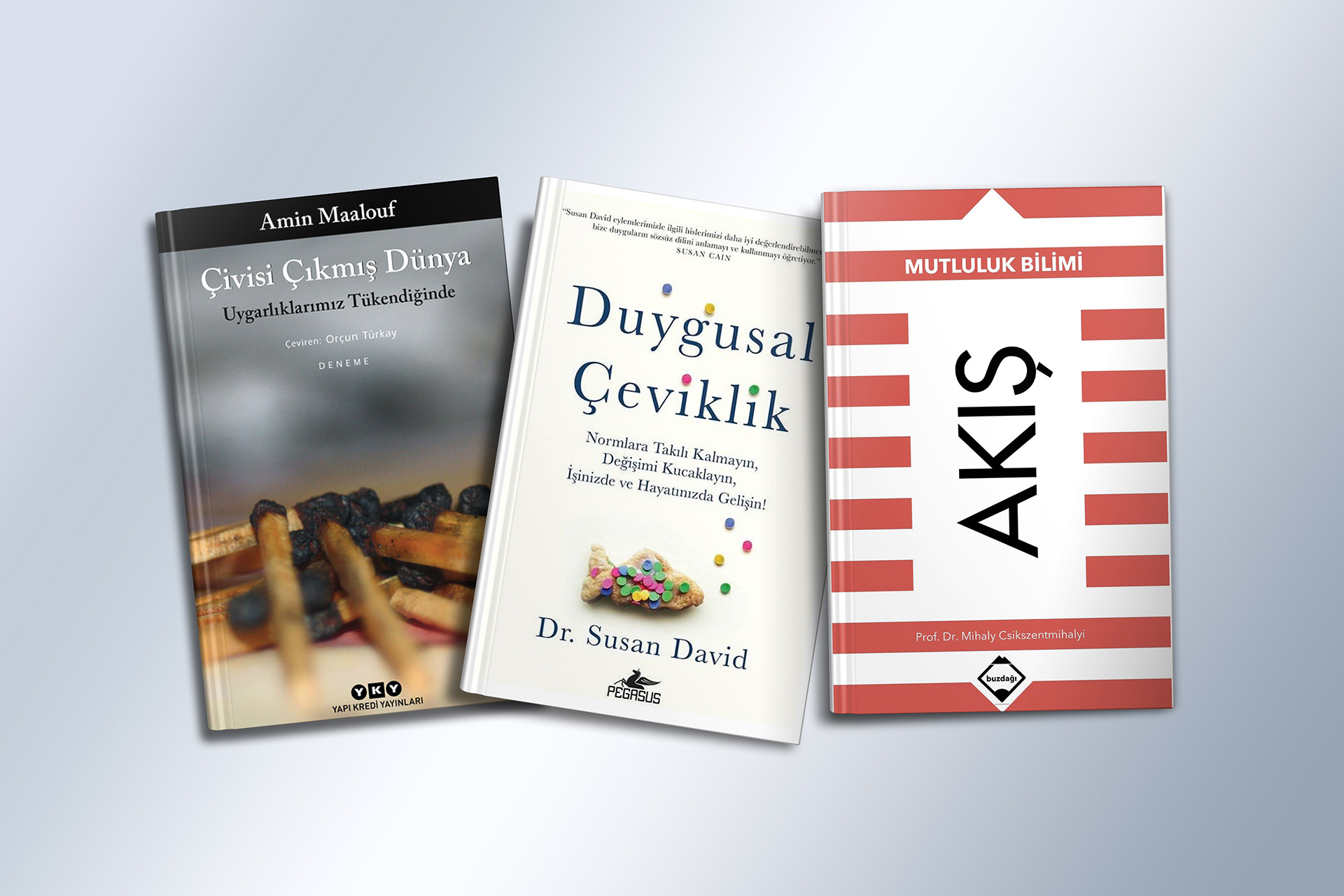
“When a country is plunged into chaos, emigration is always an option. When the whole planet is threatened, we cannot go and live elsewhere.”
This excerpt is from the 2009 edition of Amin Maalouf’s book “Disordered World” (Le Dereglement du Monde). It has nothing to do with COVID 19, but when I first read it, it reminded me of the global epidemic we are now experiencing. We really have nowhere to go, and the world is in real disorder.
In his book, the Lebanese-born French author questions the course of events in the world with examples from recent history. Maalouf says: “Either we will find a way this century to build a common civilisation with which everyone can identify, bound together by the same universal values, guided by a powerful faith in the human adventure and enriched by all our cultural diversity, or else we will descend together into a common barbarism.”
The book, which is published with the subheading “Setting a New Course for the Twenty-first Century”, emphasizes marginalization and disdain (the world’s new trends) and also the glorification of ignorance. He says: “In the US and elsewhere, a sinister era in which it was thought good form to despise culture and to make a lack of culture a proof of authenticity may be coming to an end.” However, it is apparent that we still haven’t. This book, which contains great insights about religions, governments, political plots, politicians, and interests, offers a realistic eye about what is going on around the world and especially in the Middle East. Maalouf also touches upon Atatürk’s success and reasons for his difference among other world leaders. He also offers reasons as to why other leaders who take Atatürk as an example could not succeed like him.

Shall We Start Stretching Our Feelings First?
Can you cope with your feelings? To be frank, it got harder for me to do it. Because feeling “unsafe” also undermines our psychology. None of us are safe in the current state of the world. However, we have to be emotionally agile. In other words, in order to be able to respond to everyday situations in the most suitable way, we must be mentally and emotionally flexible. Written after 20 years of research on happiness and success, Dr. Susan David’s “Emotional Agility” aims to be a guide in this respect.
Susan David guides us to lead a meaningful life by looking at our inner world and to cooperate with our feelings. She says: “Abandon the idea of being fearless, and instead walk directly into your fears, with your values as your guide, toward what matters to you. Courage is not an absence of fear; courage is fear walking.” And she goes on to say: “No matter what the motto of popular psychology says, success does not come from positive thinking. Success depends on the way people deal with their inner world, that is, their emotional agility.”

Going With The Flow Is The Only Way
Another way to let go of things that are out of our control is to go with the flow. Mihaly Csikszentmihalyi’s book on the flow theory is among bestsellers in many countries. In his book named “Flow: The Psychology of Optimal Experience”, Csikszentmihalyi explains this theory and how to apply it to our lives. To make his book easy to read and understand, Csikszentmihalyi avoids using the technical language of scientists. He says: “Everything we experience—joy or pain, interest or boredom—is represented in the mind as information. If we are able to control this information, we can decide what our lives will be like.” A state of flow also improves performance while reducing the level of stress. In other words, going with the flow does not mean lying around and doing nothing. It means concentrating on the moment and current activity so much that nothing around can disturb you. Have you ever thought about why time flies when you’re happy?



